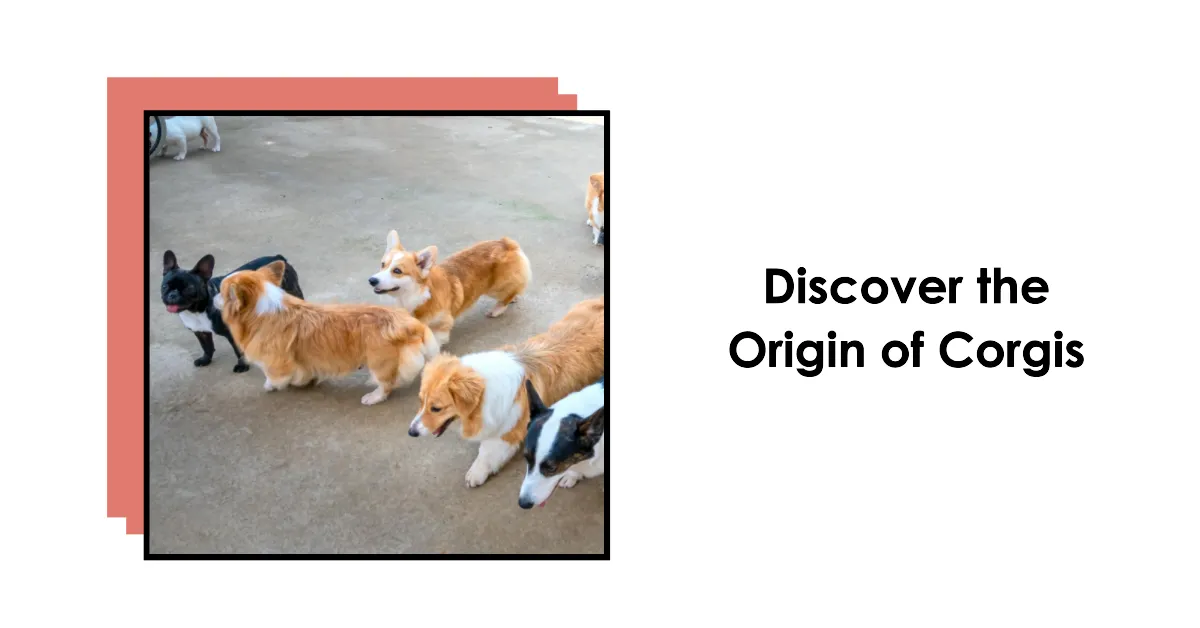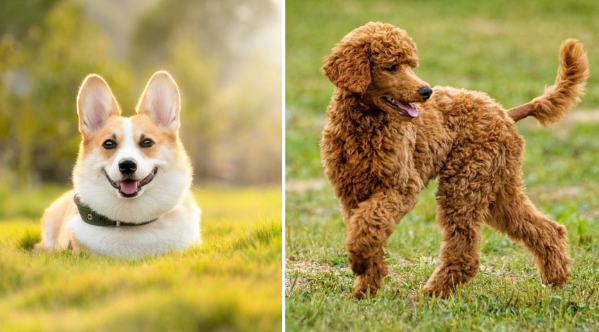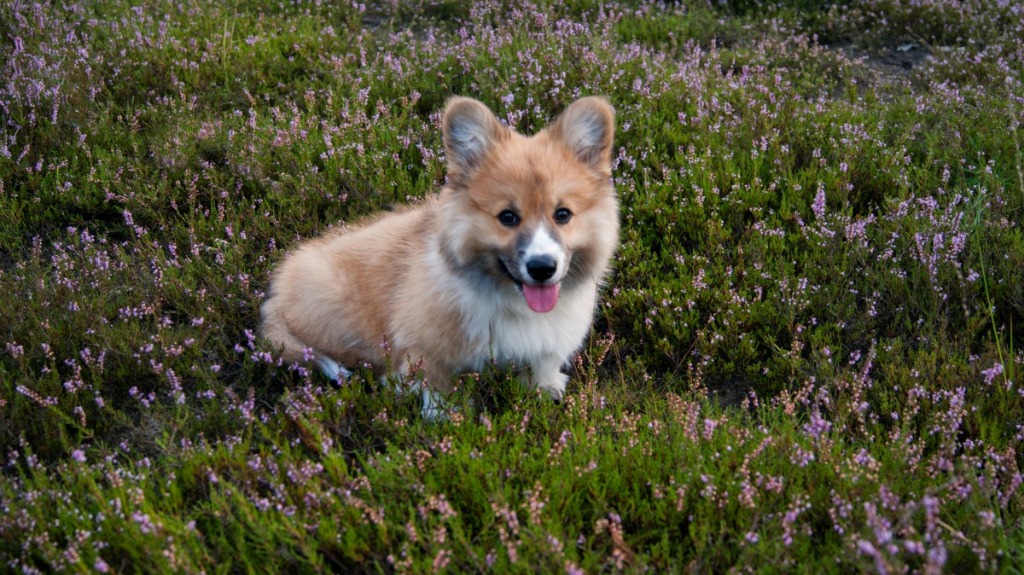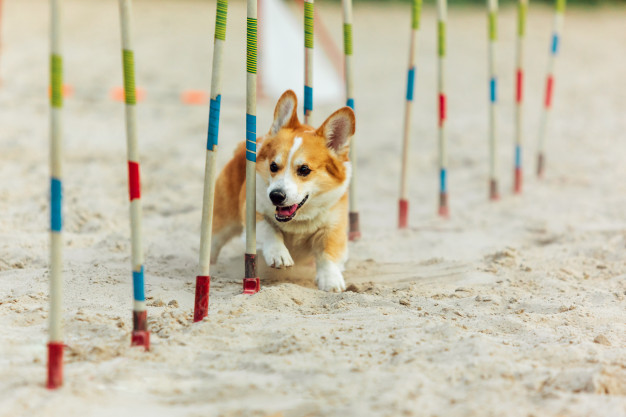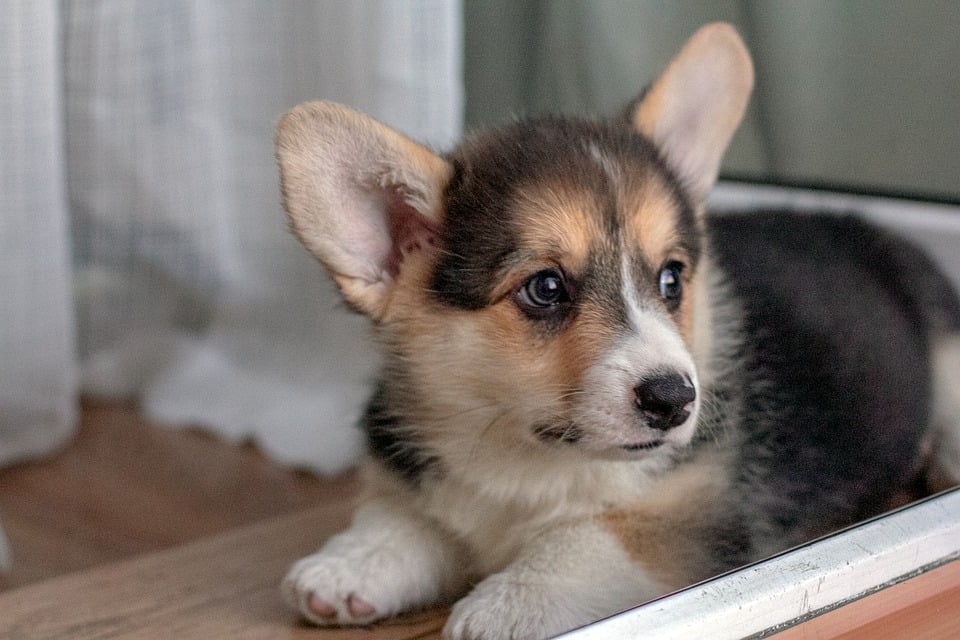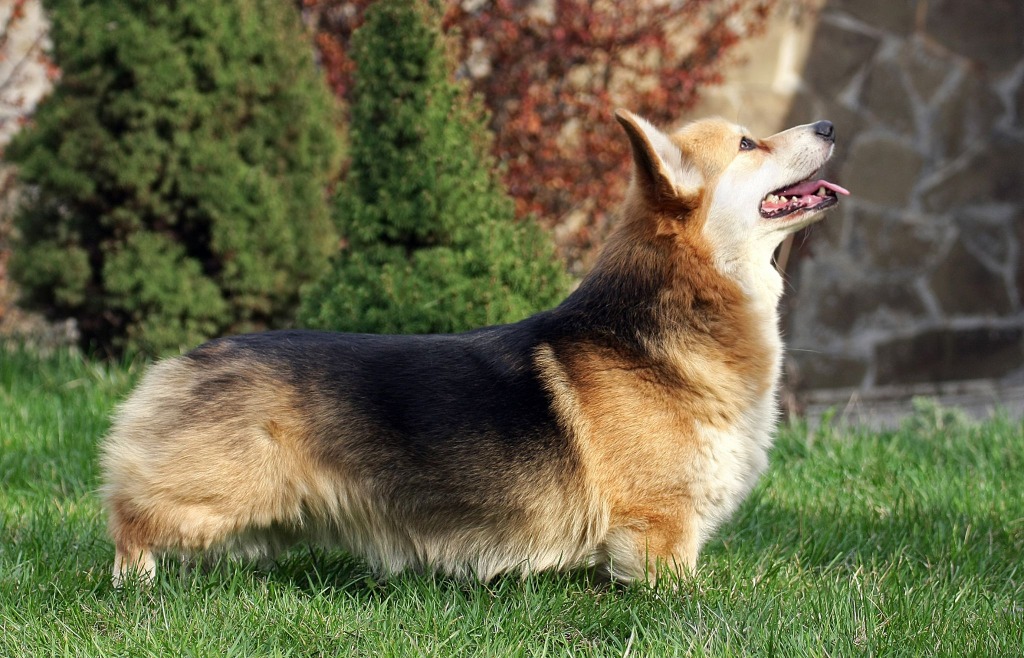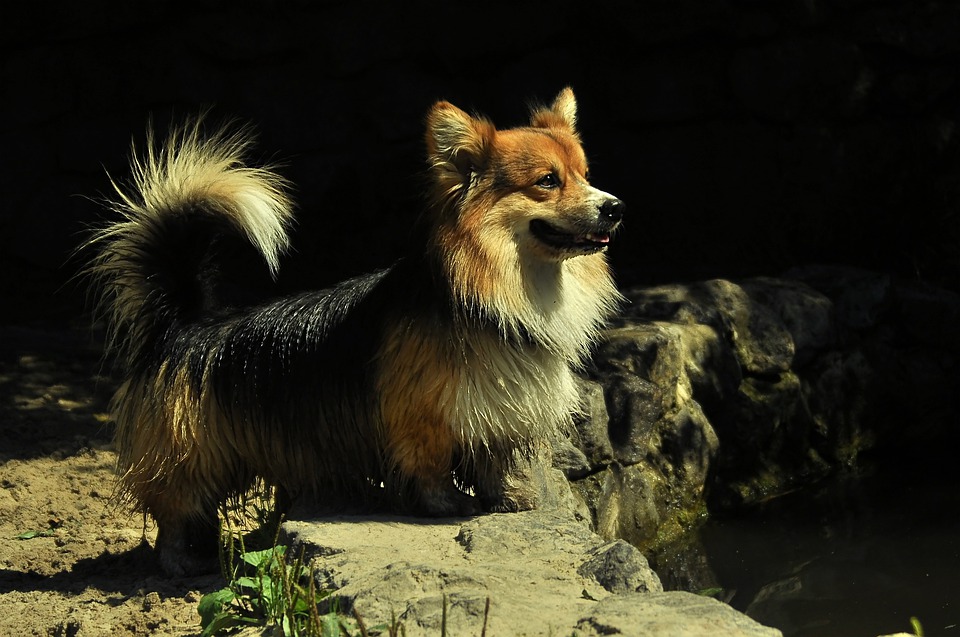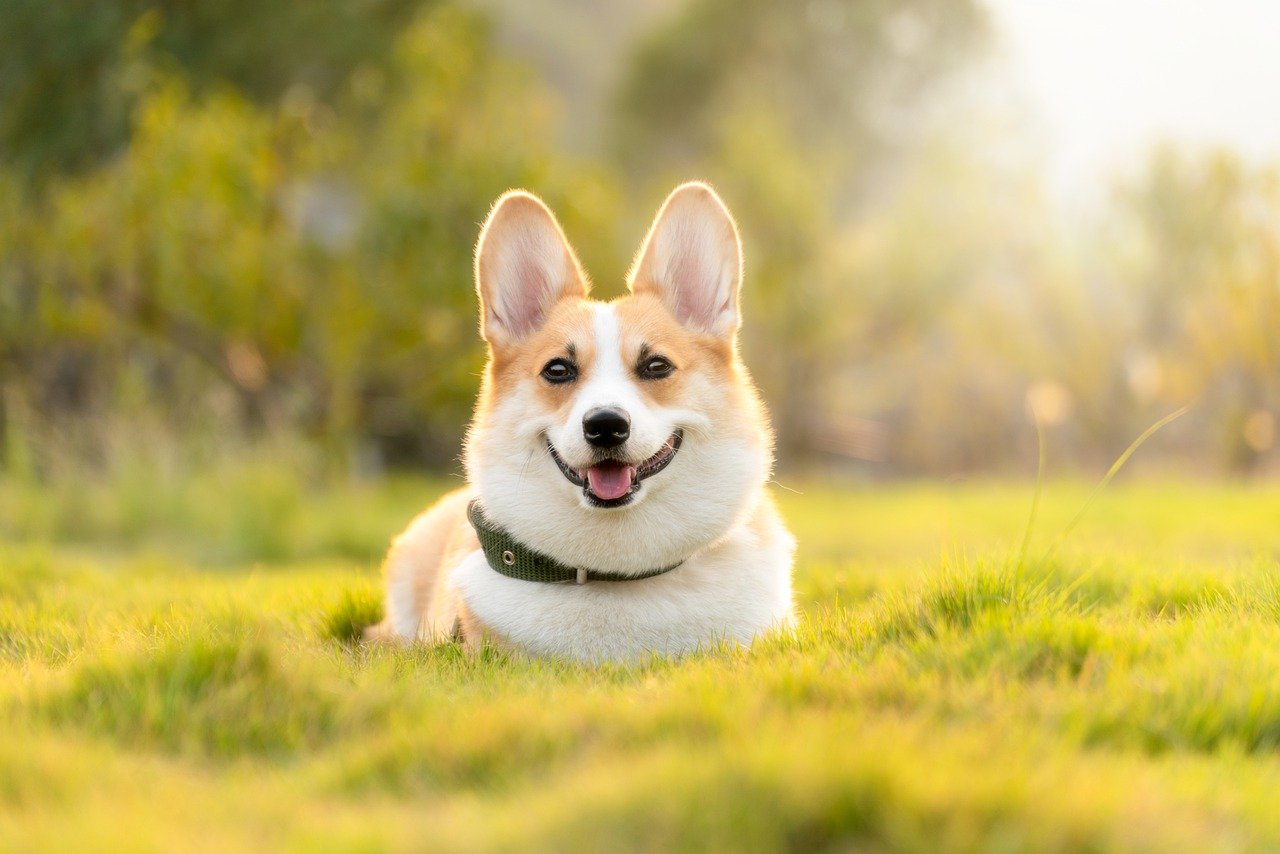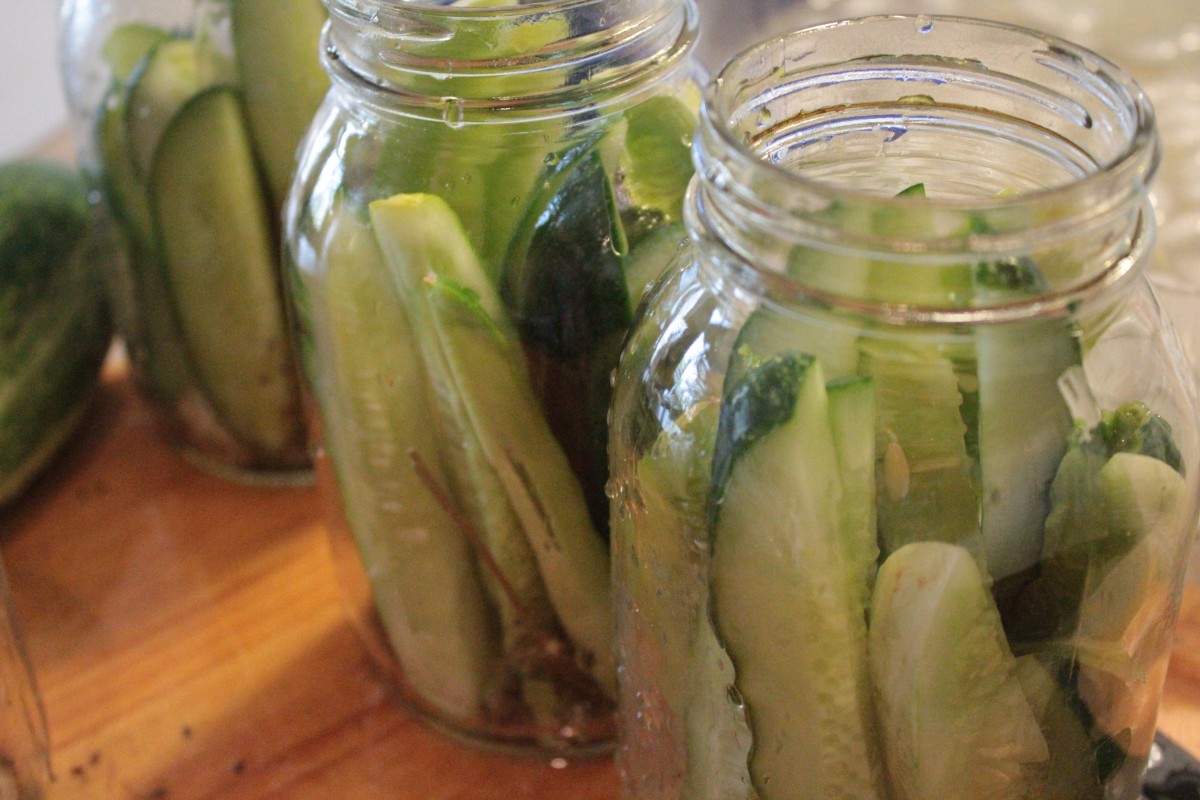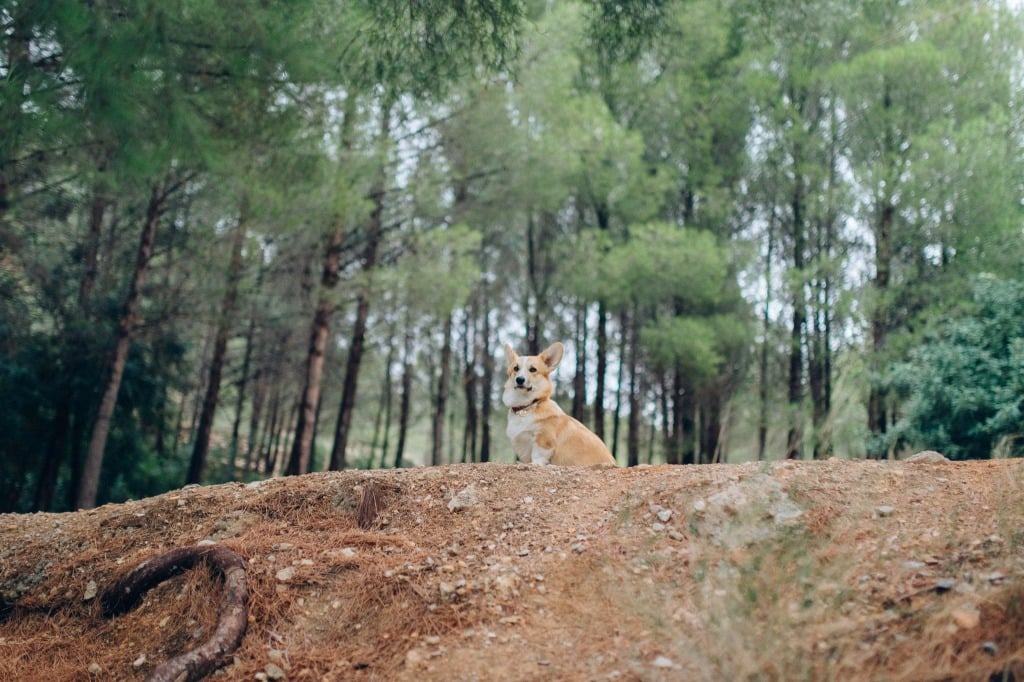5 Tips to Deal With An Aggressive Corgi
Introduction
Has your Corgi turned aggressive? This problem comes with a lot of solutions. Begin with analyzing the present situation to make out the root cause of all the aggression. Once you know what is troubling your cute little pet, work on it. Take a look at the following five tips, which are sure to curb aggression in no time.
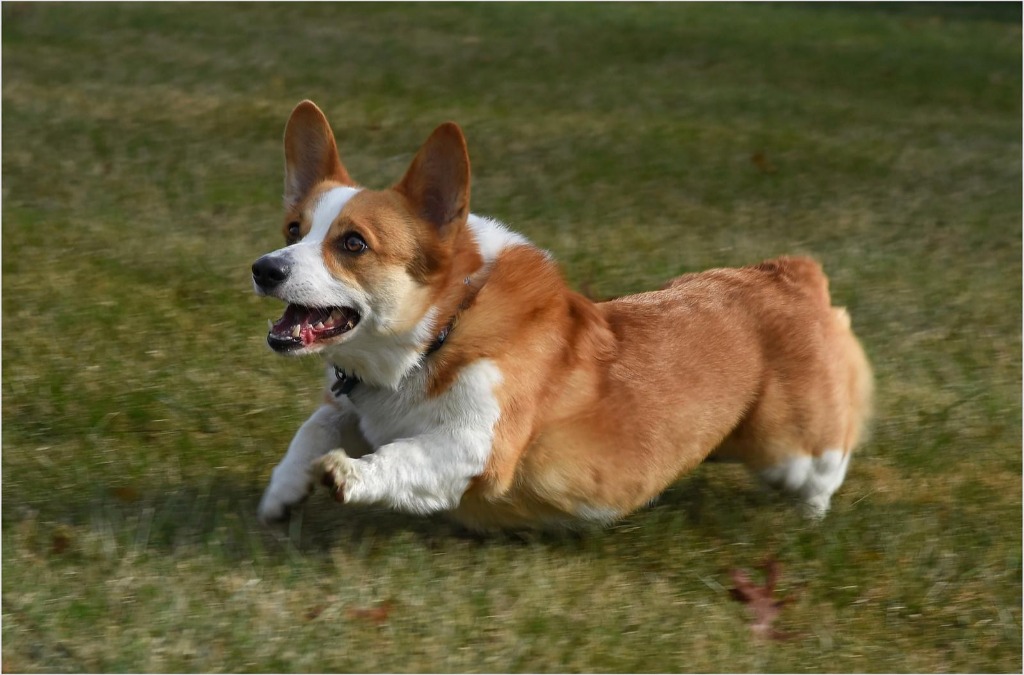
The Top Five Effective Tips to Deal with an Aggressive Corgi
1) Lessen the time duration during which you put the leash on
Returning home to a cuddle-friendly dog is one of the greatest feelings in the world. Whether you own a corgi or plan to have one in the near future, it would be a good idea to gain knowledge with respect to their innate likes and dislikes. As far as leashing is concerned, no two dogs seem to have similar preferences regarding this activity. It is better to be on good terms with your dog as it is bound to be a really good friend in the long run. Using a leash becomes inevitable at times. This is one of the most brutal truths related to raising a dog. Leash training is essential, especially in Corgis, because they are prone to chasing a lot. Their small size encourages them to run a lot as well. Whatever be the case, just ensure that the Corgi does not end up hurting its neck. Aggression can be reduced by loosening it a bit at times. It is essential to note that a tight leash hurts the neck area constantly.
2) Assure your dog that its belongings are safe
Corgis are possessive. If they are not allowed to live on their own terms, it would not be long before they turn fiercely aggressive and begin pouncing upon. If there are kids at home, owners need to be even more vigilant. The dog must understand right from the beginning that there is a limited area that it can access inside and outside the house. Corgis try to invade every place due to their affectionate nature. At the same time, it is acceptable to let them sit along with the family members. On the other hand, tables and kitchen area is a big no. Do not be extra lenient with your pup, or else you will end up spoiling it. Since Corgis are bossy, too, they might try to influence others soon.
3) Prepare the Corgi well in advance if you are planning to have another pet soon
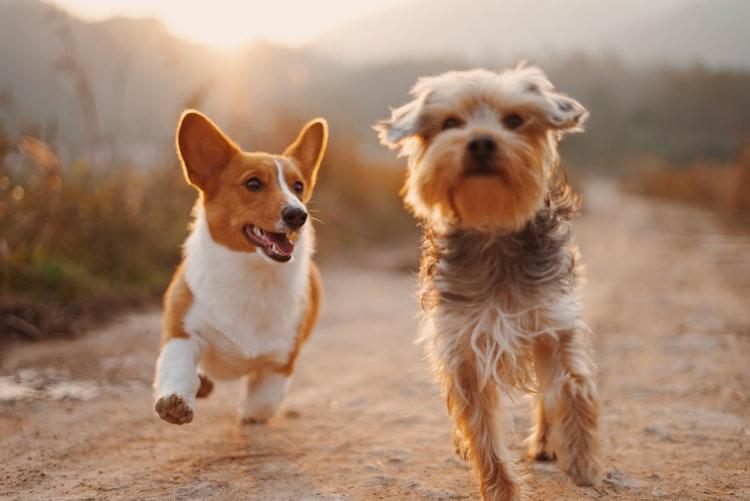
Now, this is something to be careful about. Like fellow humans, Corgis also need a reasonable amount of time to adjust to new creatures. While they get along well once both sides have spent a considerable amount of time, their possessive nature might surprise you. This is 100% true for Corgis. Corgis are too possessive and like to have all the attention they can. They simply bark for every emotion without any reasonable pause. Do not mistake this to be aggression. Hitting the dog is a terrible idea in such circumstances. Though this characteristic makes them exceptional guards, the constant noise might soon become a chronic headache. Do not try to feed them at this time, as this act might further irritate your pup, leading to more barking.
4) Do not provide negative reinforcements to your pet dog or force it in any way
While working on the aggressive nature, focus on the dog and nothing else. In case something goes wrong around you, do not transfer that energy to your furry friend. They hate being punished for no fault of theirs. Try to pause for a moment and decide which activity to continue with. An incomplete petting experience is far better than a hurtful one. One cannot expect a pet dog to get comfortable with every new person instantly. Corgis are known to be time takers. They need to inspect the person thoroughly and spend some time before indulging in such touchy practices.
5) Try to understand your Corgi’s fears as well as need, and act accordingly
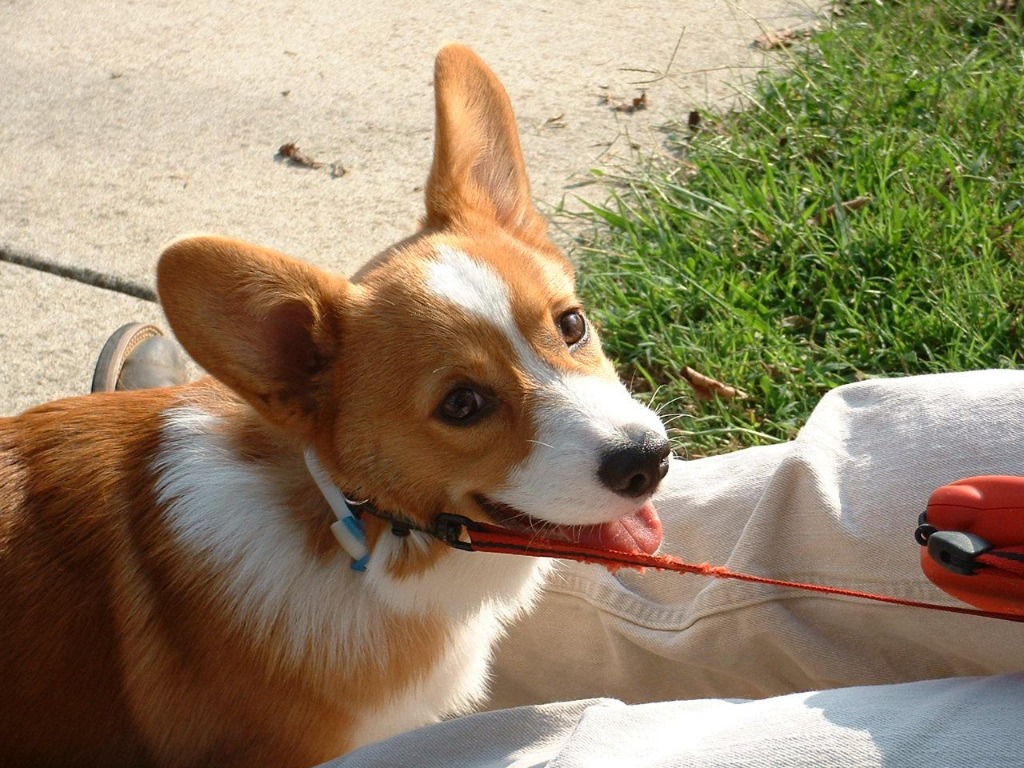
Your dog might not imply the desire to be cuddled if it has agreed to sit on your lap. Do not try to cuddle each time it comes near. At times, all corgis need is a peaceful time beside their favorite human. Understand your dog to have a serene bond that ends up getting stronger with time. In case you have adopted a corgi, try to make out how it was treated priorly. Childhood experiences form mental images in dogs as well, which makes them anti-human in extreme cases. Make sure you fulfill all types of needs of your dog. Most importantly, give it the desired amount of time to adjust to the new surroundings. Cuddling can easily wait till the time your canine has blended well. If the dog is not interested in the repetitive activities of affection, aggression might build up internally. Beware of triggers.
Conclusion
Handling a dog is one of the most simple things on this planet. Many owners have gone to the extent of declaring that treating infants is way more complicated than caressing a corgi. For activities like cuddling and holding up, one must try to empathize with the dog. For parents who have recently turned dog-owners, a lot of analogies can be drawn. For instance, a baby cries to show a lack of interest in cuddling or if it hurts him or her. On the other hand, one cannot expect a canine to express this disinterest in such an expressive manner. Try to check if the touch is making your dog comfortable or irritated. This much is enough to decide whether to stop then and there or take the calming practice a little further. A great trick is to stop in between and wait for the response. If your corgi wants more of it, it will stay and begin staring at you endlessly. It is a perfect sign if your dog is a pro at communicating in such a manner.

